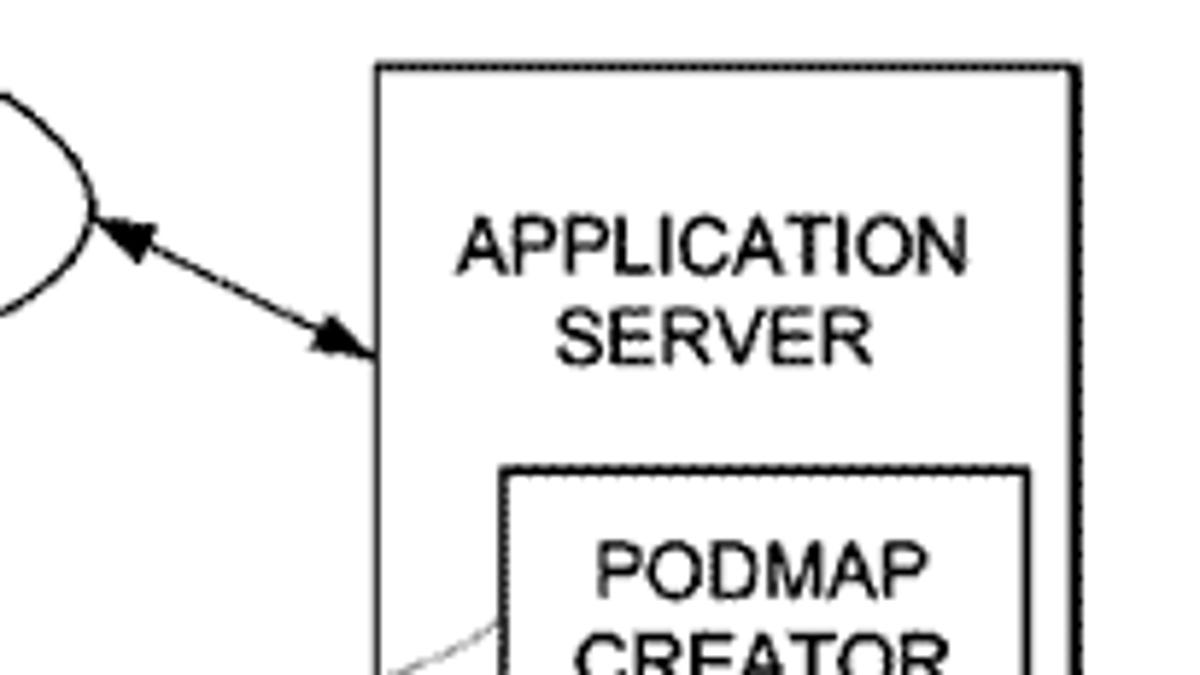Apple patent shows Google Maps working on older iPods (maybe)
Are maps coming to Podcasts in the form of a new podcast format called Podmaps? Apple's patent tells all.

AppleInsider has uncovered a patent filing from Apple (located here) that's a cross between what we've known as an "enhanced podcast" and the step-by-step driving directions found on the maps application that is on the iPhone and iPod touch.
In short, the design specified in the patent would let users grab driving directions (presumably from Google) and have them combined with voice activated commands that would advance the directions forward. The data would be packaged in the form of a Podcast that could be downloaded and put on the player like any other audio file.
The current system on the iPod touch and iPhone requires a Wi-Fi or cellular data connection, as well as touch input to advance the directions at each step. Presumably this system would allow the iPod or iPhone to be mounted and used in a similar fashion to a voice command-enabled GPS device via software alone. It could also signal backward compatibility with other enhanced-podcast capable devices, such as any iPod with a click wheel.
Also noted on the patent is a system for crunching the data through various servers before it ends up on the portable device. Included are servers for maps, and a text-to-speech server, the latter of which is Google has put a considerable amount of resources into, seen recently in its voice-controlled GOOG-411 mobile directory service and acquisition of online voice mail service Grand Central back in July. Despite the emphasis put on the mobile usability, nowhere in the specs is a direct line from the portable device to wireless data, as the data must pass first through a client (PC) and program (iTunes).
In the past, Apple patents have proven to be a hit-or-miss affair on upcoming technologies found in the company's consumer offerings, although a patent for a superwide laptop trackpad from 2004 ended up being a major feature in Apple's latest ultralight laptop the MacBook Air.

